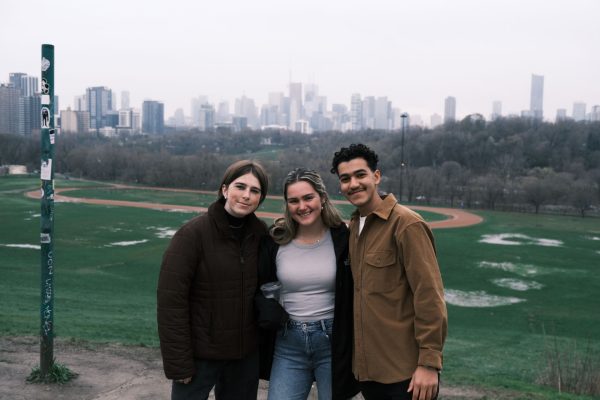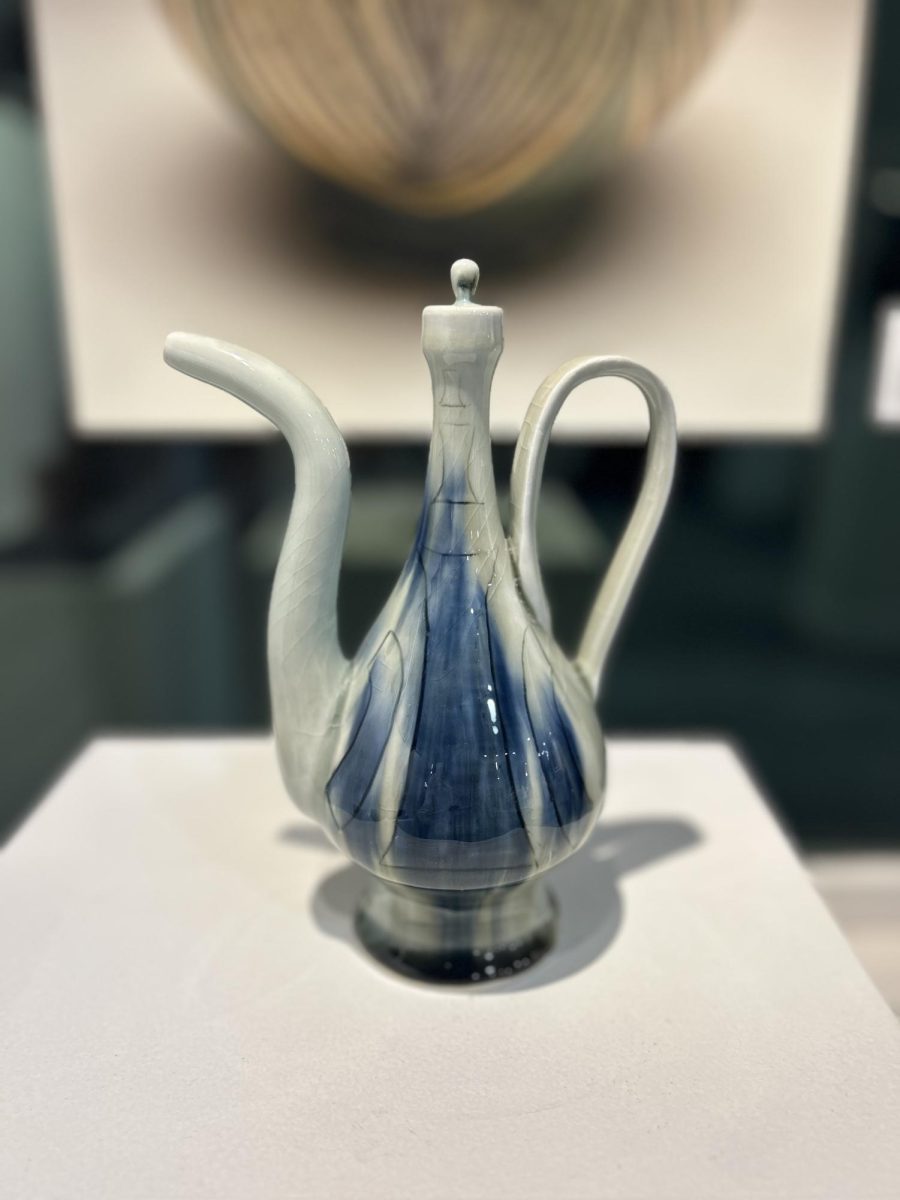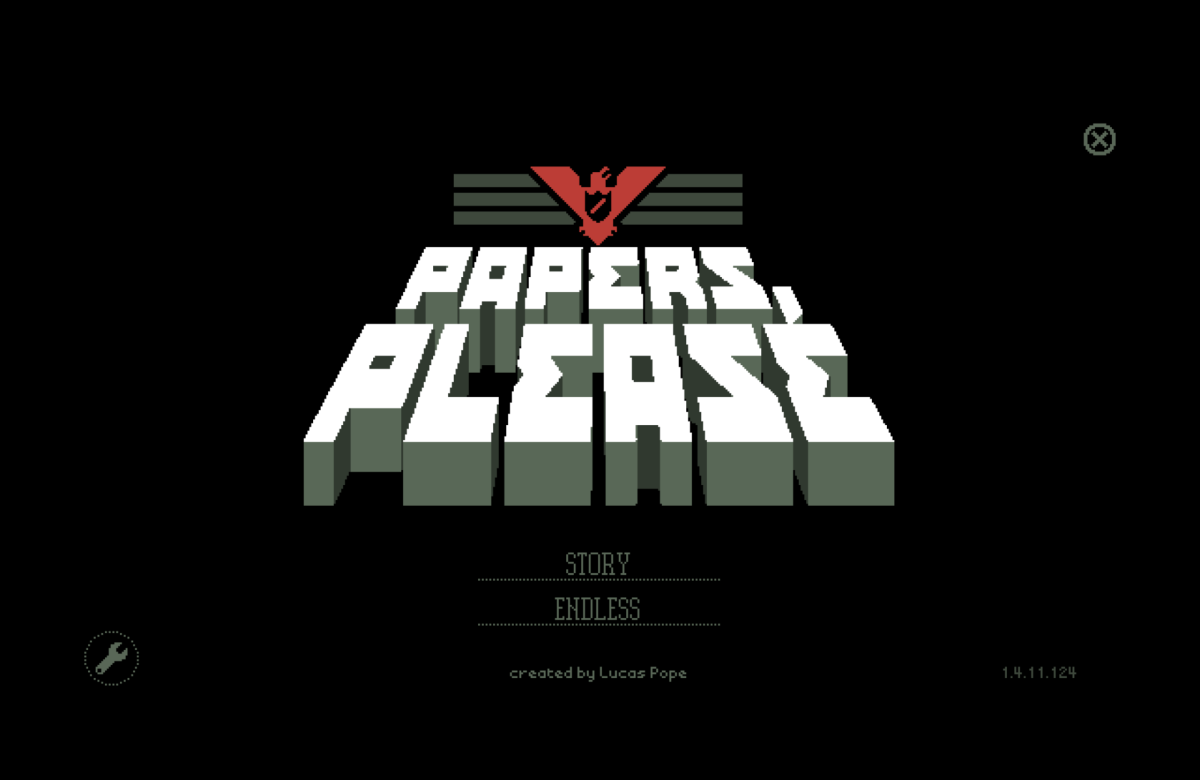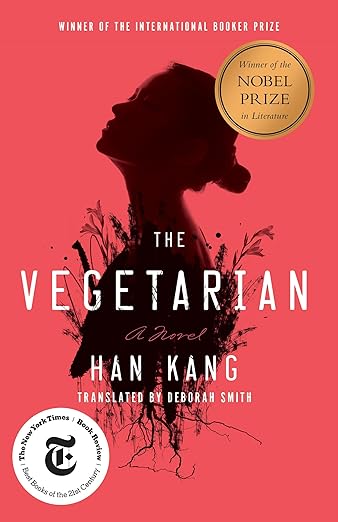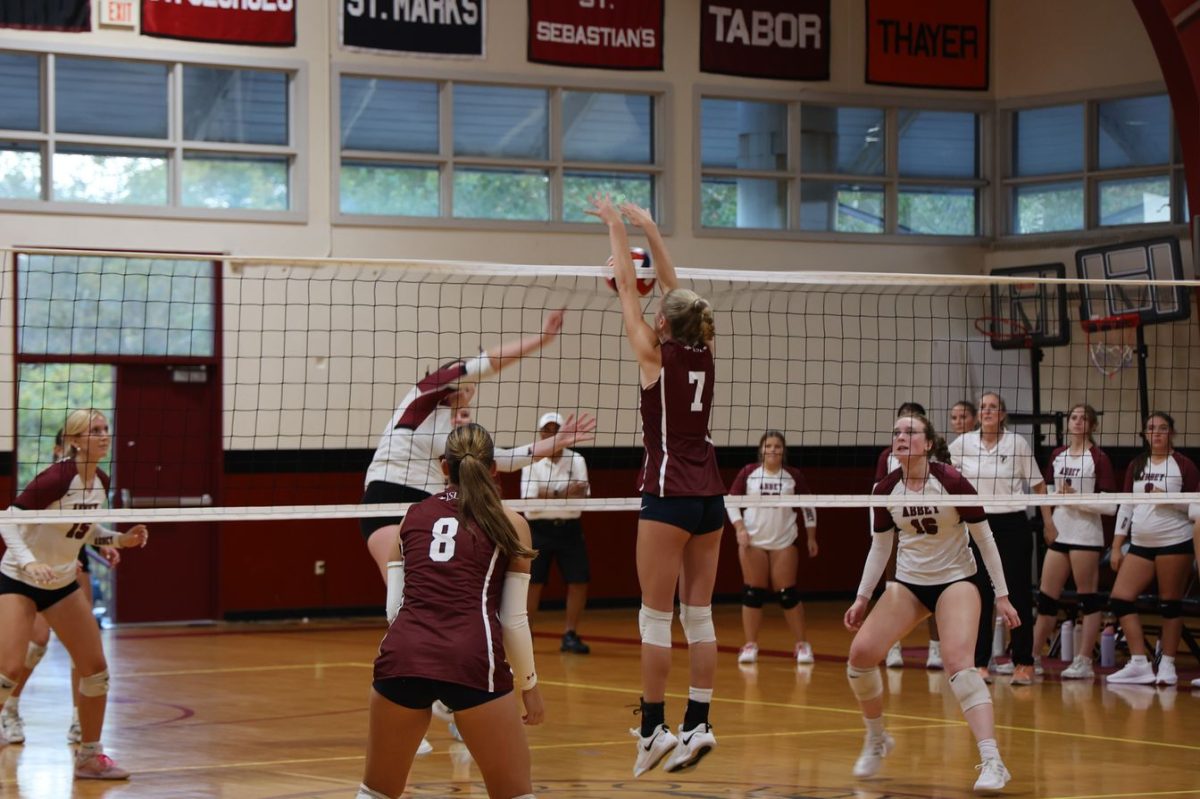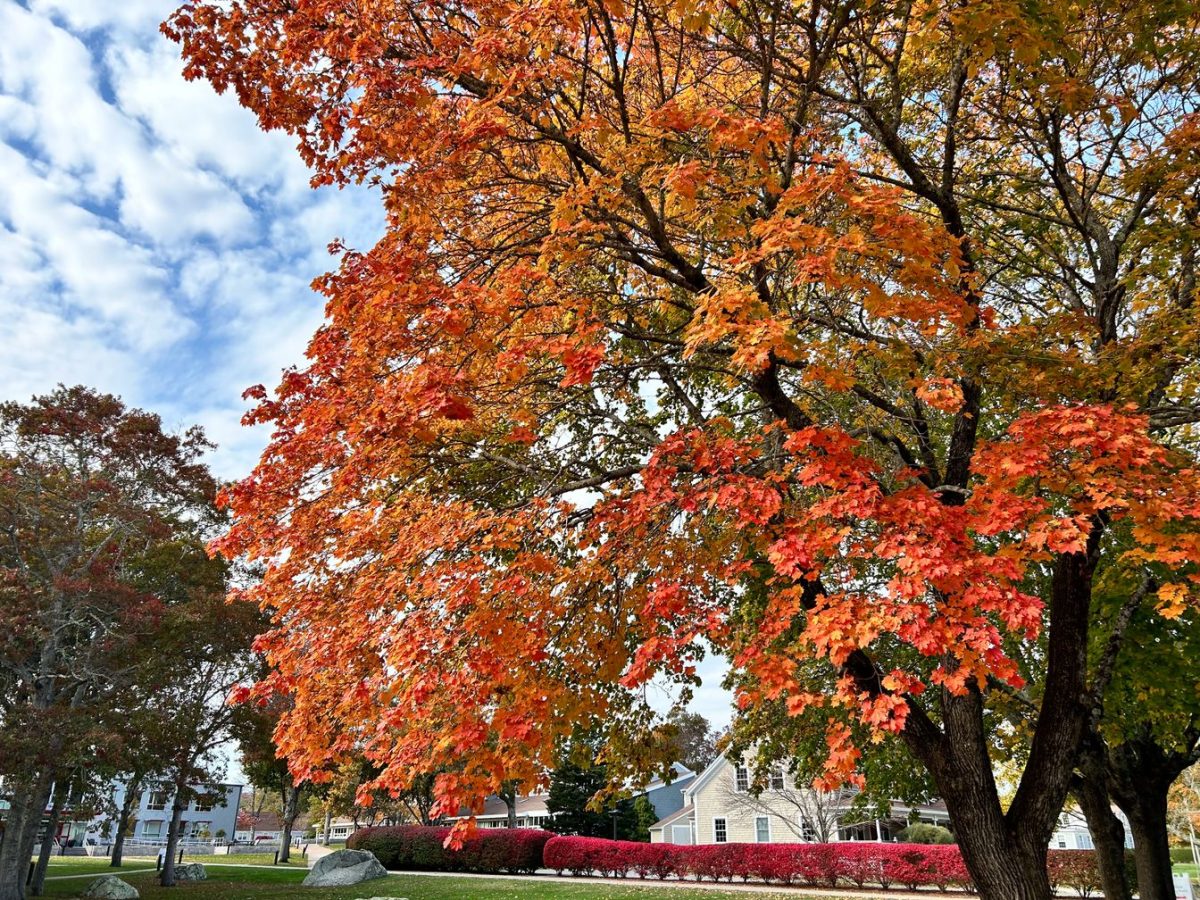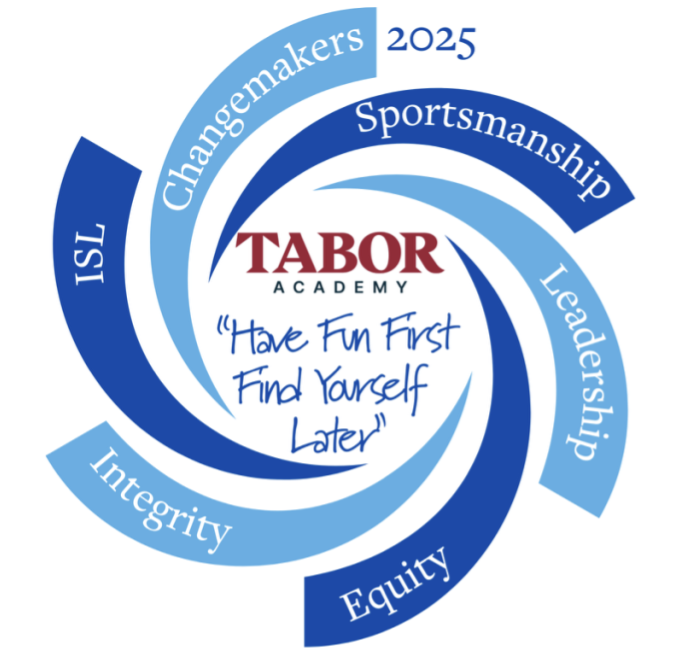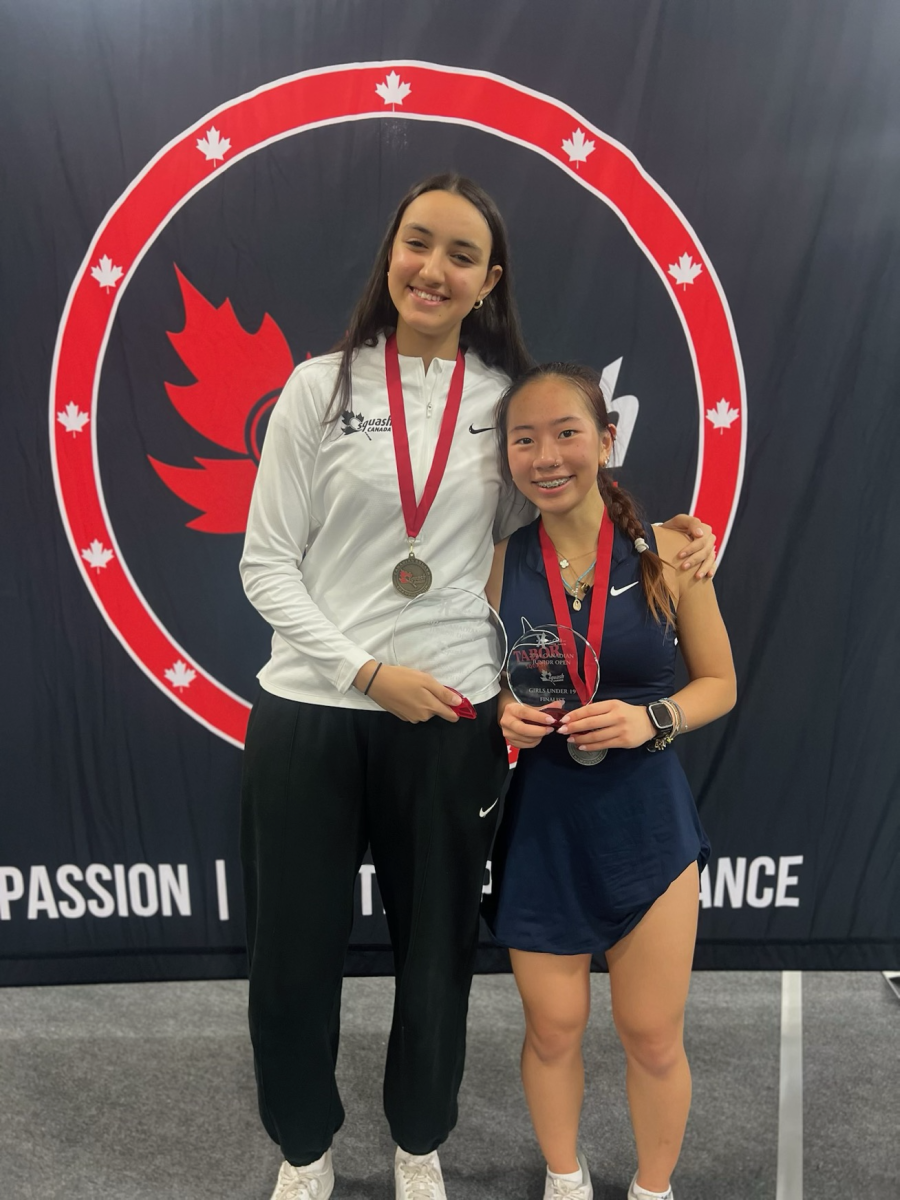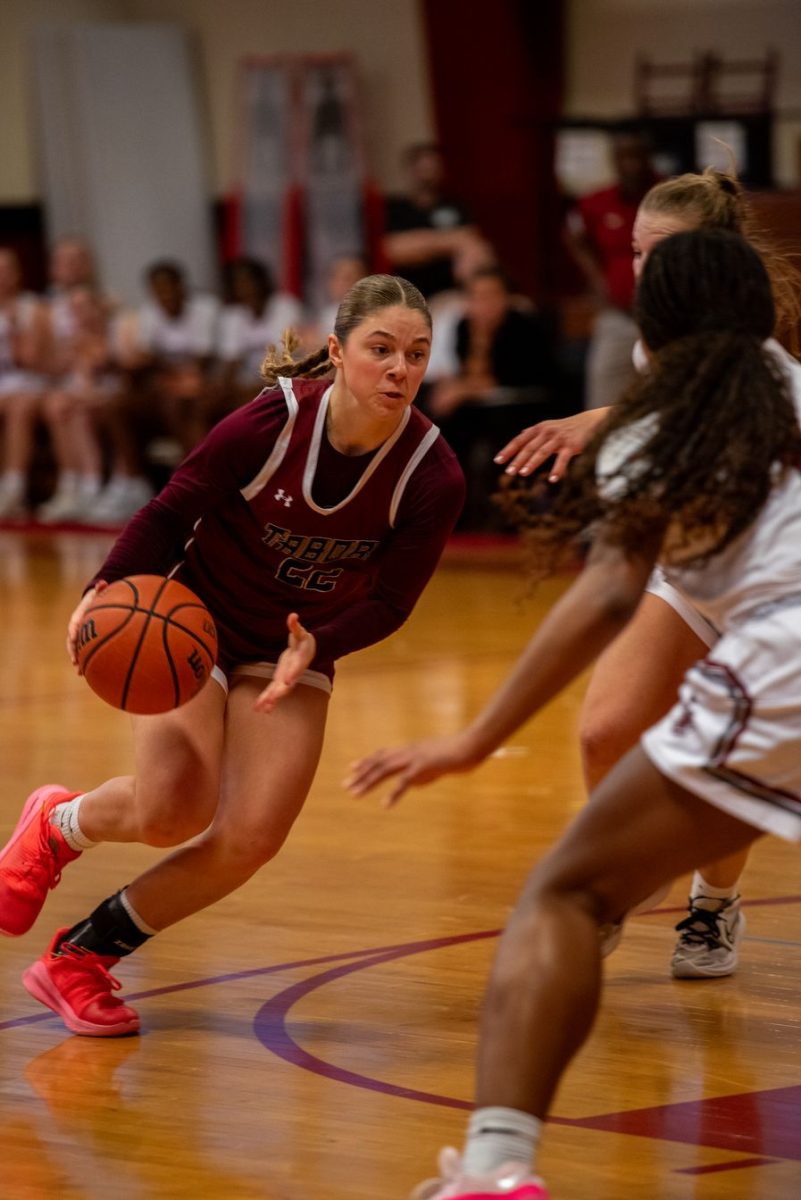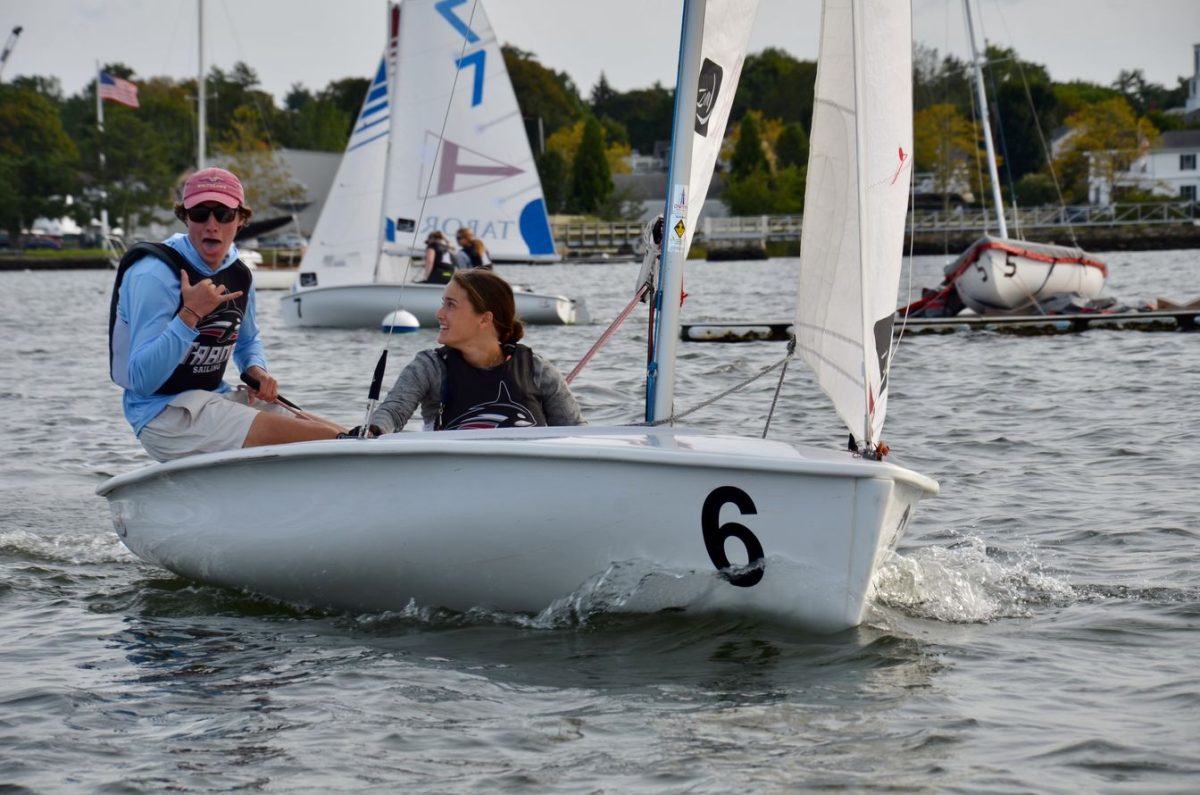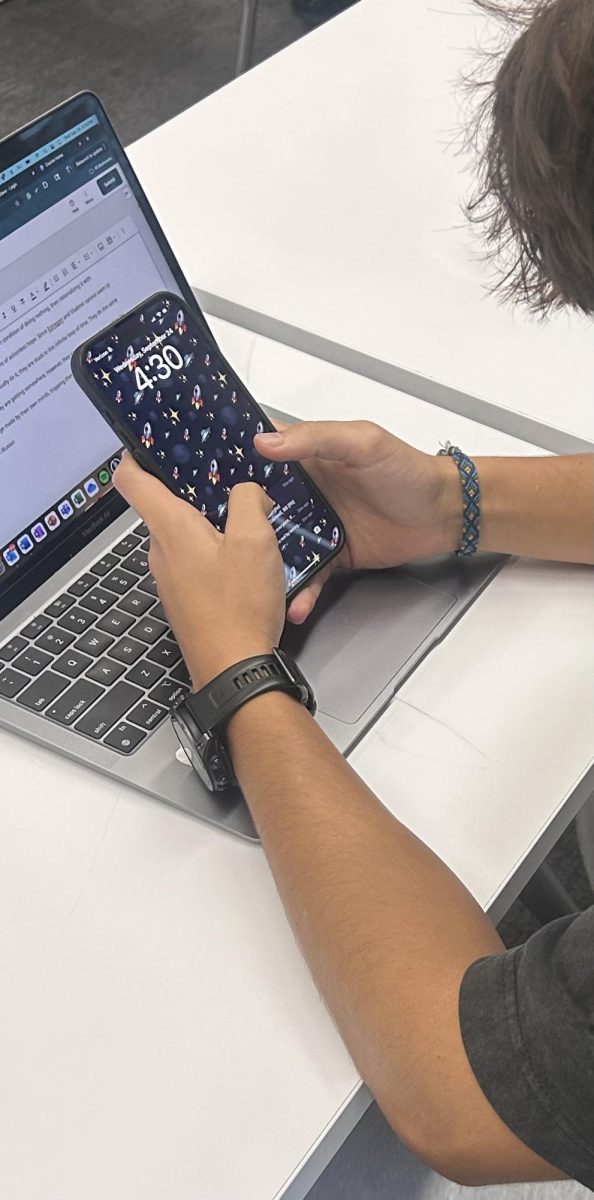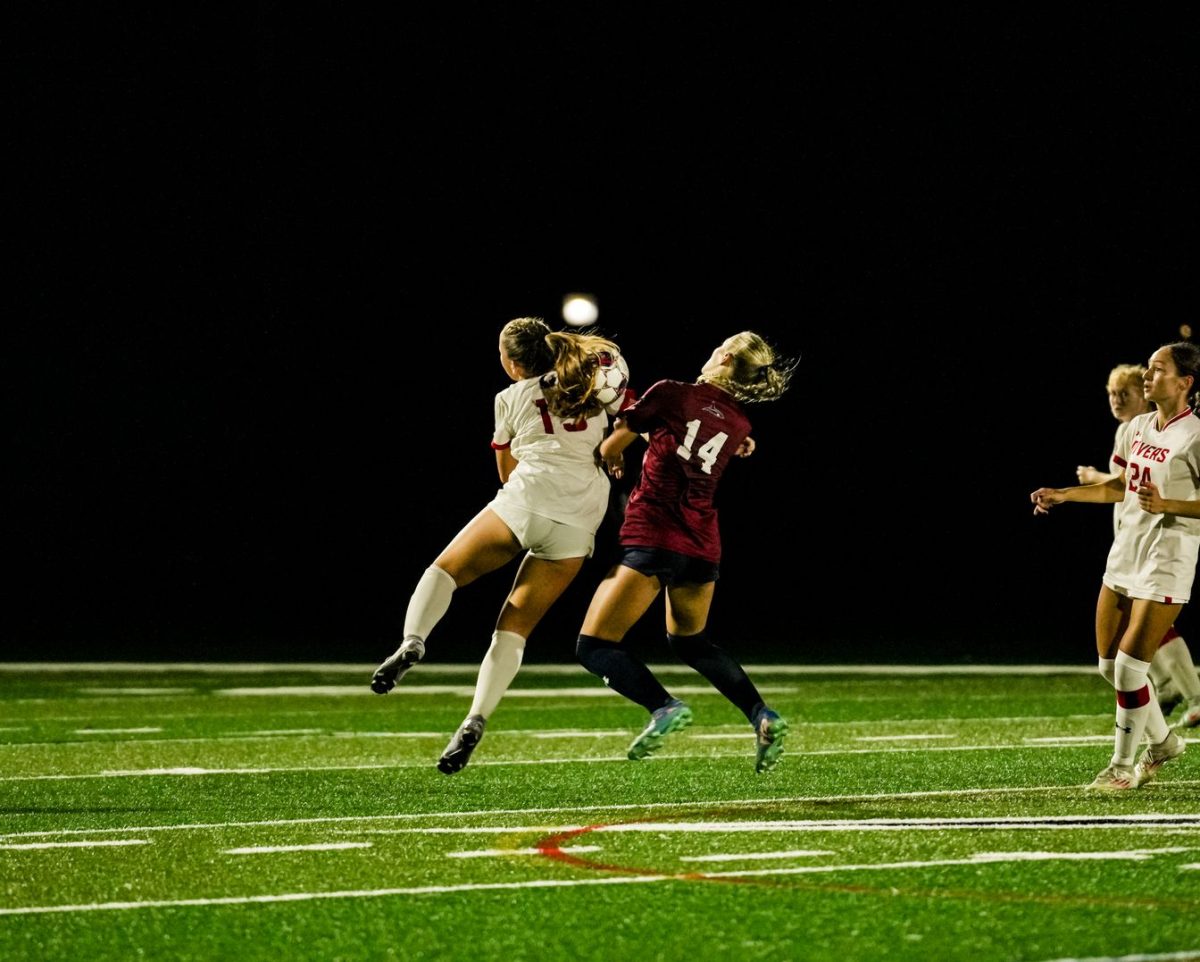
Founded ten years ago, the Global Idea Institute (GII) guides secondary school students around the world to devise solutions for pressing global issues through months of extensive research. Every year, GII connects students with mentors at the University of Toronto in Canada, hosting a symposium where students present their proposals and receive feedback from professional judges. GII aims to develop critical thinking, problem-solving, collaboration, and public speaking skills for future world leaders. The challenge for 2023-2024 is food waste reduction.
Tabor has been actively involved in GII for many years. This year, five Tabor students went to the conference with Mr. Sirois and Ms. Hawley. As the only US boarding school in the conference, Tabor students contributed unique insights to this conference.

Early this year, the GII research group surveyed how frequently Tabor students order deliveries. They found that out of around 140 respondents, the majority order take-outs once a week, while a few order almost every meal from a delivery service. The data from the survey helped the dining hall to estimate the amount of food prepared for each meal, thus reducing excess food waste.
In addition, the team observed that students often leave food unfinished on their plates, indicating a general lack of awareness regarding food waste.
From Director of Food Services Tim Mahon, Ashley Li (she/her) ’24 and Winter Vetrone (she/her) ’24 learned that the dining hall generates 2-3 barrels of food waste daily. The dining hall staff collects the waste and deposits it into barrels to weigh the mass. The dining hall has already begun to address this issue of reducing waste: It sends organic food waste to Black Earth Compost in Gloucester, MA, where it is used to feed livestock and fertilize crops.
The team also discovered why the dining hall cannot have chicken tenders every day. While popular food choices usually yield less food waste, the dining hall must also balance dietary requirements and try to accommodate everyone’s preferences.
“Teachers and students have polar opposite diet preferences,” said Ashley. While teachers favor healthy food, students often like fries and grilled cheese. So, the dining hall has to rotate its menu daily to cater to both students’ and teachers’ needs.
The team created a presentation on food waste at Tabor for this symposium. They gave a brief context about Tabor as a boarding school, followed by a detailed explanation of their research process and issues specific to the Tabor community.
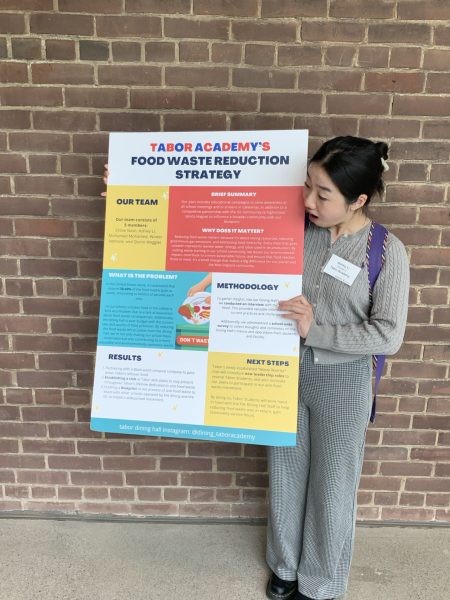
To reduce food waste, they propose that the school should take advantage of the Independent School League (ISL) to inspire students from other schools to reduce food waste.
The team will communicate regularly with the dining hall, updating food waste data every two weeks at All School Meeting to create a collective responsibility in reducing food waste.
Lastly, they will initiate a Food Waste Warriors Club, creating leadership opportunities to encourage students’ participation. Their Instagram account will post various activities on campus to raise students’ awareness of food waste.
“One of the judges commented that our school’s plan is the most feasible,” said Ashley.
Through the gallery walk and break-out sessions, Tabor students talked to other teams and made meaningful connections.
“It’s really cool to meet people who [also] want to make a change,” said Quinn Weggler (they/them) ’25.

The four-day trip included tours of the city of Toronto–and samples of its cosmopolitan cuisine.
“My favorite moment was when we were having Korean barbeque while reflecting on our presentation,” Quinn said.
GII will post a new global challenge for the 2024-2025 academic year. Students interested in researching, traveling, and building connections with individuals of diverse backgrounds should join the Tabor GII and consider attending next year’s conference.
